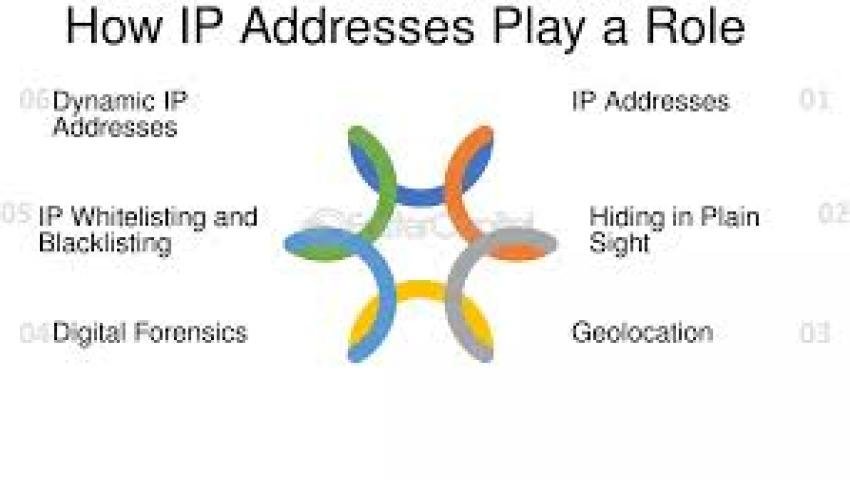
🌐 Tracing Cybercriminals: Combining IP Location & OSINT Techniques
Cybercriminals often hide their tracks using VPNs, proxies, or anonymizing tools. Investigators rely on IP tracing and OSINT (Open Source Intelligence) to uncover their locations and identities. This combination provides actionable intelligence without direct device access.
Introduction
Cybercriminals often hide their tracks using VPNs, proxies, or anonymizing tools. Investigators rely on IP tracing and OSINT (Open Source Intelligence) to uncover their locations and identities. This combination provides actionable intelligence without direct device access.
🖥️ Understanding IP Tracing
IP Address Basics:
Every device on the internet has an IP address.
IP addresses can reveal general geographic location, ISP, and network.
IP Location Tools:
Tools like IPinfo.io, MaxMind GeoIP, and Shodan provide detailed information about the IP.
Investigators use these tools to track suspicious online activity.
🕵️♂️ OSINT Techniques
Social Media Recon:
Public profiles, posts, and photos can reveal location and contacts.
Domain & Website Research:
WHOIS records, SSL certificates, and website footprints can link domains to individuals.
Metadata Analysis:
Files, images, and documents often contain hidden metadata revealing device, software, or location info.
🔗 Combining IP & OSINT
Step 1: Identify the suspicious IP or activity.
Step 2: Use IP geolocation to narrow down regions.
Step 3: Apply OSINT to correlate IP with usernames, email addresses, social accounts, and online behavior.
Step 4: Map connections and build a timeline of activities.
✅ Key Takeaways
IP tracing alone may not pinpoint criminals; OSINT adds context.
Always verify sources and cross-check information.
VPNs and proxies can mislead investigators; combining multiple data points is essential.
Legal and ethical considerations must guide OSINT investigations.
Mrityunjay Singh
Leave a comment
Your email address will not be published. Required fields are marked *

